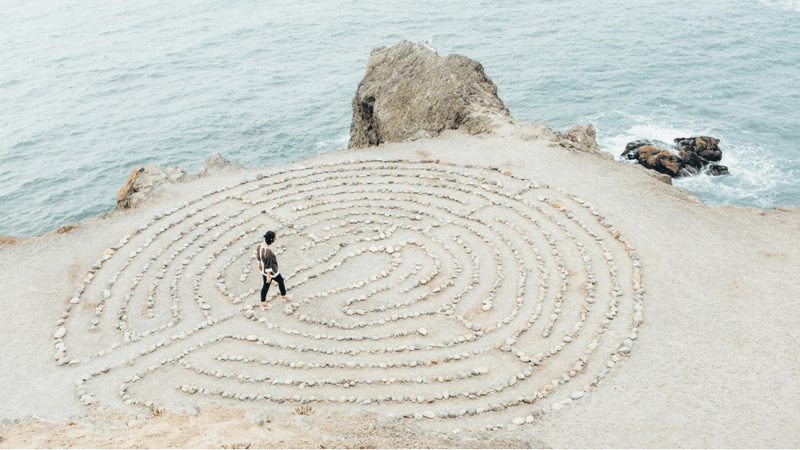Confucianism—Harmony and Ritual
Episode #7 of the course What is wisdom: An introduction to philosophy by Will Buckingham
Today, we are moving on to consider Confucius, one of the most important thinkers in all of history. The philosophical traditions of China developed in a very different fashion from those of the West, exploring different questions in very different ways. We are going to see if we can get a flavor of these differences by looking more closely at the wisdom of Confucius.
Who Was Confucius?
The philosopher known as Confucius lived in what is now China, between the 6th and 5th centuries BCE, in the era known as the Spring and Autumn period. At this time, China was in a state of political chaos and fragmentation. Although Confucius came from a family of some social standing, after the death of his father at the age of 3, he was brought up in poverty. He held several political posts in the state of Lu (present-day Shandong), but after becoming disillusioned with life in the court, he became a wandering teacher instead. For much of his later adult life, he traveled through central and northern China, going from state to state and ruler to ruler, attempting to get somebody to sign up to his distinctive vision of what it meant to live wisely. When he died, it was as a disappointed man. What he wasn’t to know was that his thoughts and sayings, collected in a text called the Lunyu, or The Analects, would later transform the history of China.
The Problem of Social Harmony
For Confucius, who was living in turbulent times, the central problem was how to overcome disharmony. He was concerned above all else with the question of how we might live collectively, whether as families or as citizens and subjects. For Confucius, the fundamental human value was ren, sometimes translated as “benevolence” or “humaneness.” Ren is about the way we relate to others, whether this is harmonious or whether we relate in a way that brings about greater harmony (the word in Chinese for “harmony” is “he”).
Li, or Ritual
Confucius believed that 1 of the ways harmony could be maintained was li, or ritual. When you think of ritual, you may think of something rather stiff and formal. And certainly, Chinese history has not been without stiff, formal rituals. But Confucius was talking about something a bit more supple and living. “In using ritual,” Confucius wrote, “harmony should be valued.” When it is well used, ritual is the oil that keeps the wheels of our social life turning. It is harmonious and, in turn, leads to greater social harmony. Think of the ritual of somebody coming to visit. They knock on your door. You greet each other by smiling, shaking hands, or hugging. You invite them in with formulaic words. They bring a gift to offer you. And so on … Our lives are woven out of these rituals, whether they are small, as in this example, or whether they are large, as in the example of funerals or weddings.
Living Wisely through Ritual
For Confucius, a large part of living wisely involves making use of these rituals to bring a greater degree of elegance and harmony to your life and to the lives of others. If we can effectively shape our interactions through ritual, then we will live without disharmony, and we will be able to express benevolence or humaneness.
Tomorrow, we will look at one of Confucius’s critics, a strange philosopher called Zhuangzi. As we shall see, Zhuangzi provides a very different vision of what it might mean to live wisely.
Recommended book
Recommended podcast
Discussion of Confucius and Confucianism on BBC
Share with friends

